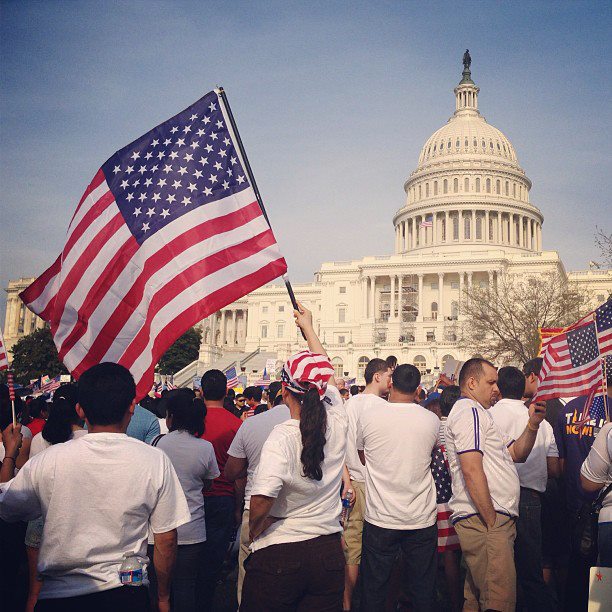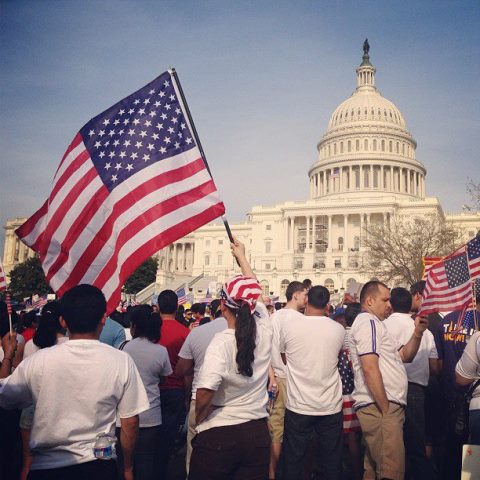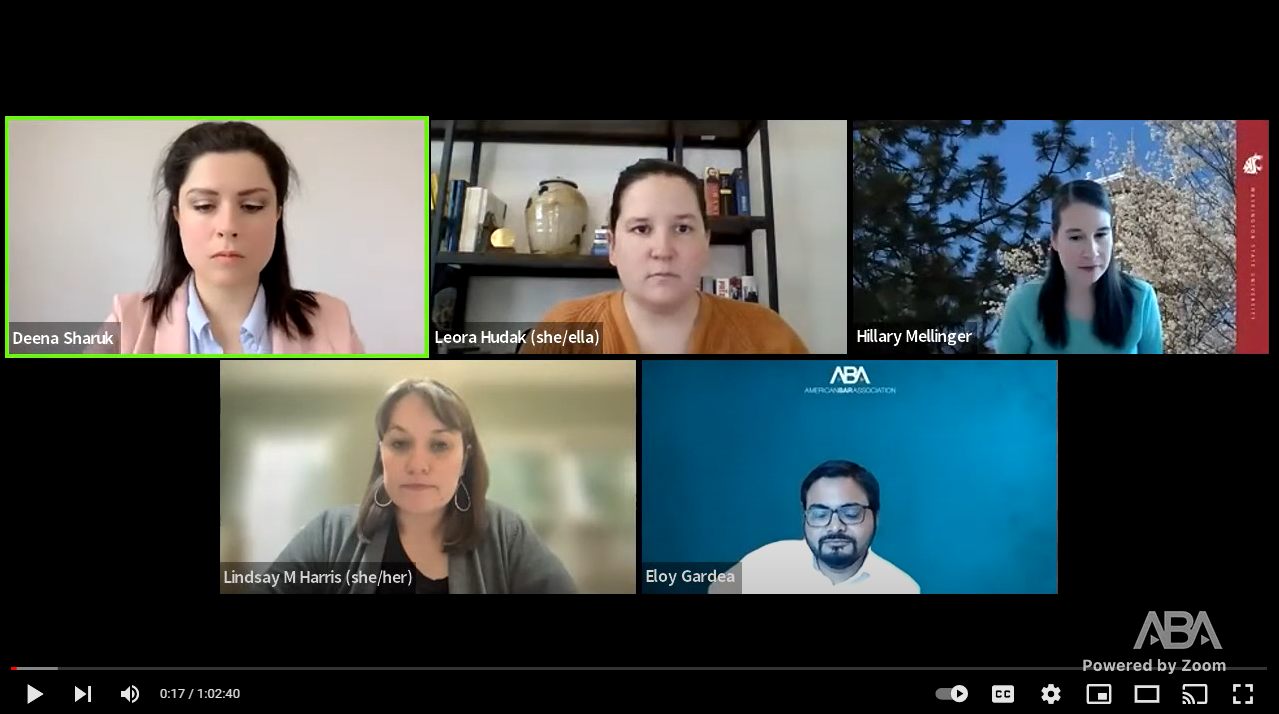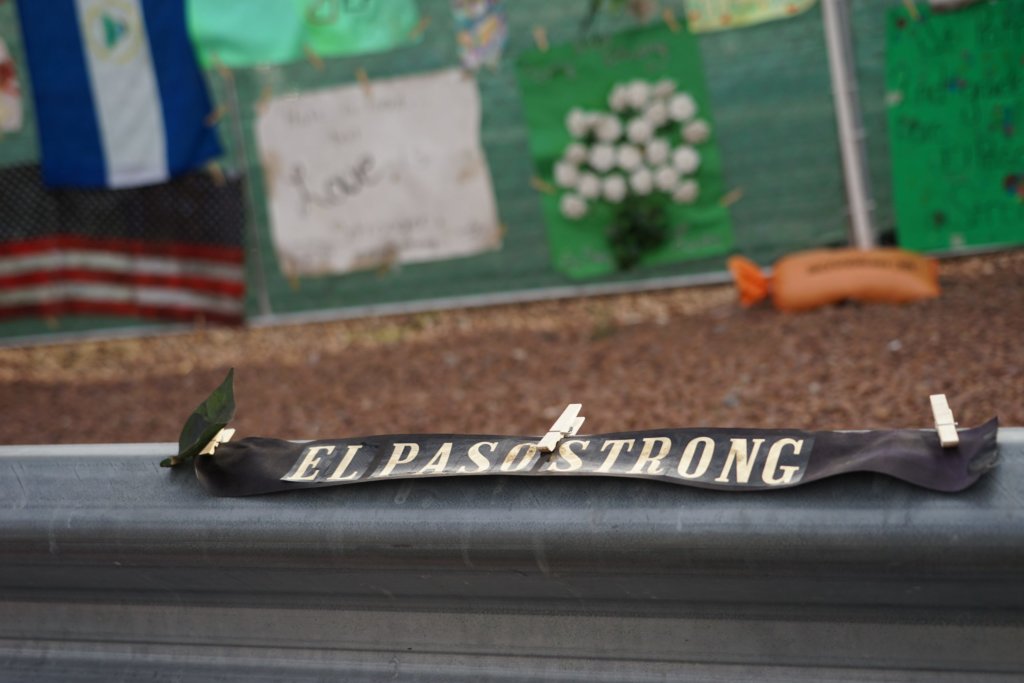What immigration practitioners need to know about vicarious trauma and burnout
 Burnout and vicarious trauma are on the rise for direct service providers who manage immigration caseloads. Two recent webinars provide useful resources for our network of Affiliates who may be in need of added supports for their staff.
Burnout and vicarious trauma are on the rise for direct service providers who manage immigration caseloads. Two recent webinars provide useful resources for our network of Affiliates who may be in need of added supports for their staff.
In an effort to raise awareness and offer support to practitioners in the immigration field, two recent webinars hosted by American Immigration Lawyers Association, AILA and the American Bar Association, ABA discussed the impacts of vicarious trauma and burnout on practitioners and offered tools for supporting the wellbeing of those doing the work.
The webinar hosted by the ABA was prompted by the work of law professors Lindsay M. Miller and Hillary Mellinger, who conducted the largest study to date on 718 immigration attorneys which examined the current state of burnout and vicarious trauma in the field of immigration law.
The webinar hosted by AILA aimed to equip practitioners with tools to help recognize when they are experiencing vicarious trauma or burnout and steps to help mitigate symptoms. Vicarious trauma, also known as compassion fatigue or secondary trauma, occurs when practitioners have a cumulative exposure to traumatic stories and emotions that their clients have experienced. Burnout can occur in the absence of vicarious trauma and is often experienced as being overworked or chronic stress, and it is typically related to the work environment.
A GROWING CRISIS
According to the study, burnout and vicarious trauma are on the rise for direct service providers who manage immigration caseloads. The well-being crisis can impact immigration lawyers, case managers, receptionists, and any other staff that has a direct connection to clients experiencing trauma and stress inducing immigration cases. Anyone that has worked in the field of immigration law knows firsthand the emotional impact it has on people, it can be fulfilling, positive and unfortunately at times frustrating or disheartening due to our country’s broken immigration laws. Trump era immigration laws have only exacerbated the problem for direct service providers. The increase in discriminatory immigration laws and case backlogs have plagued the field of immigration law with added stress and anxieties for both clients and
practitioners. The webinars presented by AILA and the ABA are two useful resources for our network of Affiliates who may be in need of added supports for their staff. As described in both webinars, recognizing the signs, and discussing the impacts of vicarious trauma or burnout can make the biggest impact on mitigating their effects for staff.
Recognizing and addressing the impacts of vicarious trauma and burnout is the first step organizations can take to offer support to staff that may be experiencing either issue. The last several years have added to the challenges immigration practitioners face. For nonprofit organizations where the concern of inadequate funding can lead to staffing challenges, the problem of vicarious trauma and burnout is compounded, putting at risk a valuable resource that community members rely on. Increasing funding to social service programs that provide reputable and low-cost immigration legal services can offer support to immigration practitioners that are often overworked and spread thin, thus providing some relief from feelings of burnout.
PATHWAYS TO HELP
The study conducted emphasizes that it is not only a good idea for immigration practitioners to engage in self care and receive support for burnout and vicarious trauma, but it is ethically required. Staff experiencing burnout and vicarious trauma may be unable to meet job requirements at the level they are capable of. Supportive efforts like increasing funding, lowering caseloads and hiring additional staff are some of the recommended ways immigration practitioners can alleviate symptoms of burnout and vicarious trauma.
You can watch AILA’s webinar on vicarious trauma here and ABA’s webinar on burnout here.




